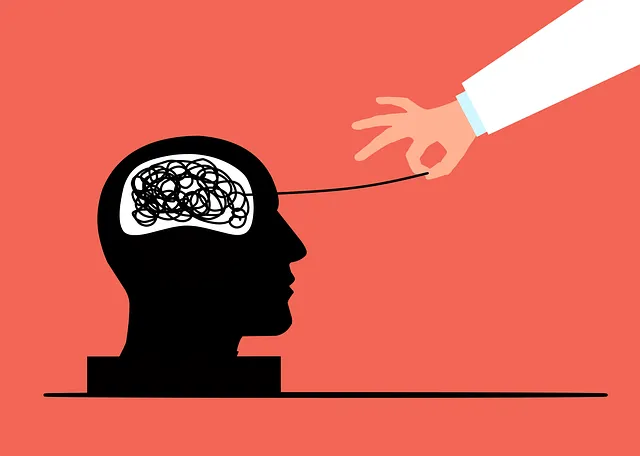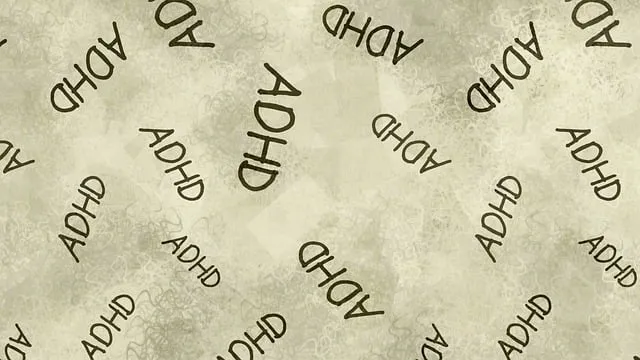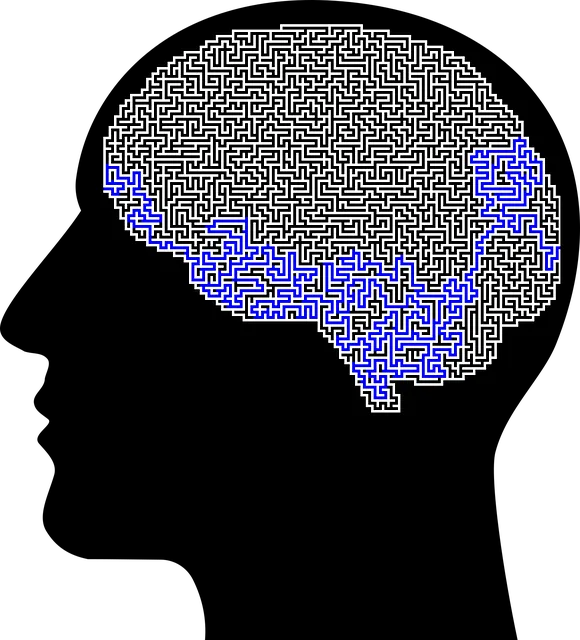Kaiser Permanente in Centennial has identified stigma as a major barrier to accessing mental health care, contributing to isolation and reduced quality of life. To combat this, they've implemented comprehensive strategies like Mental Health Education Programs, normalizing conversations about mental illness and empowering community members to recognize signs and seek help without judgment. Their initiatives include workshops, webinars, media representation campaigns featuring diverse recovery stories, collaborations with influencers, policy advocacy for inclusive mental health practices, and systemic change within the organization to create a more supportive environment for all residents in Centennial.
Mental illness stigma remains a significant barrier to seeking treatment within the Kaiser Permanente Centennial Community. This article delves into the multifaceted efforts to reduce this stigma, exploring its profound impact on mental well-being. We discuss effective strategies for public education and engagement, emphasizing the power of media representation, influencer advocacy, and policy changes to foster an inclusive mental health environment. By examining these initiatives within the context of Kaiser Permanente’s commitment to Centennial, we aim to illuminate paths toward a more supportive societal narrative for mental health.
- Understanding the Impact of Stigma on Mental Health Within Kaiser Permanente Centennial Community
- Strategies for Educating and Engaging the Public: Breaking Down Barriers to Mental Health Support
- The Role of Media Representation in Shaping Public Perception: A Call for More Accurate Portrayals
- Involving Influencers and Celebrities: Leveraging Their Platforms for Positive Change
- Policy Advocacy and Systemic Change: Push for Inclusive Mental Health Initiatives
Understanding the Impact of Stigma on Mental Health Within Kaiser Permanente Centennial Community

The impact of stigma on mental health within Kaiser Permanente’s Centennial community is profound and far-reaching. Stigma often manifests as societal prejudice and discrimination against individuals living with mental illness, creating a barrier to accessing essential care. This can lead to isolation, reduced quality of life, and even increased rates of suicide. At Kaiser Permanente, we recognize that addressing stigma is crucial for fostering a supportive environment where members feel comfortable seeking help.
Efforts to reduce the stigma around mental health in Centennial have focused on comprehensive strategies, including Mental Health Education Programs designed to promote understanding and empathy. By equipping community members with knowledge about various mental health conditions and available resources, these programs aim to build confidence and resilience. Through such initiatives, Kaiser Permanente strives to create a culture where conversations about mental illness are normalized, leading to improved access to care and enhanced overall well-being for all residents in the Centennial community.
Strategies for Educating and Engaging the Public: Breaking Down Barriers to Mental Health Support

Mental illness stigma reduction requires strategic efforts to educate and engage the public, ultimately breaking down barriers to mental health support. Kaiser Permanente Mental Health in Centennial has been at the forefront of these initiatives, utilizing various methods to foster understanding and empathy. They organize community workshops, webinars, and awareness campaigns that simplify complex mental health topics, dispelling myths, and promoting positive thinking. These educational programs aim to normalize conversations around mental illness, encouraging folks to seek help without fear of judgment.
By incorporating interactive sessions, expert talks, and personal stories, Kaiser Permanente creates safe spaces where individuals can learn about various conditions, including anxiety relief techniques and emotional healing processes. This holistic approach not only helps in reducing stigma but also equips people with the knowledge to recognize signs in themselves or others, leading to timely interventions and improved access to mental health services.
The Role of Media Representation in Shaping Public Perception: A Call for More Accurate Portrayals

Media representation plays a significant role in shaping public perception of mental illness, often influencing how society understands and treats individuals living with these conditions. Currently, media portrayals of mental health issues are often inaccurate, perpetuating harmful stereotypes and stigma. This needs to change, especially as organizations like Kaiser Permanente in the Centennial region strive to reduce the stigma associated with mental illness.
Accurate representation can begin by showcasing the diversity of mental health experiences and emphasizing recovery stories. Promoting positive narratives around emotional regulation, coping skills development, and social skills training can help shift public understanding. By doing so, media can foster empathy, challenge misconceptions, and encourage support for those facing mental health challenges, ultimately contributing to a more inclusive society where individuals are empowered to seek help without fear of judgment.
Involving Influencers and Celebrities: Leveraging Their Platforms for Positive Change

Involving influencers and celebrities can significantly contribute to stigma reduction efforts related to mental health, particularly when supported by organizations like Kaiser Permanente. These public figures have vast platforms that can amplify messages of hope, understanding, and support. By sharing their personal experiences or advocating for mental health awareness, they can humanize conditions often surrounded by misconceptions, fostering empathy from their followers.
Leveraging influencers’ reach, especially those aligned with the mission of organizations like Kaiser Permanente Centennial, allows for the dissemination of evidence-based empathy building strategies and self-care practices. Such collaborations can also encourage open conversations about mental health struggles, normalizing these experiences and reducing the societal barriers that prevent individuals from seeking necessary support. Moreover, their involvement in advocacy may prompt discussions around critical topics like the risk assessment for mental health professionals, ensuring better care and safety for those dedicated to providing psychological services.
Policy Advocacy and Systemic Change: Push for Inclusive Mental Health Initiatives

Policy Advocacy and Systemic Change play a pivotal role in reducing stigma surrounding mental illness, especially within communities like Kaiser Permanente Centennial. By pushing for inclusive mental health initiatives, we can foster an environment that prioritizes Mental Wellness and provides Anxiety Relief. This involves advocating for policies that integrate mental healthcare into primary care settings, ensuring accessibility and normalizing conversations about mental health.
Such efforts can lead to systemic shifts, where mental illness is viewed as a treatable medical condition rather than a personal failing. This change in perspective encourages individuals to seek support without fear of judgment or discrimination. Through policy advocacy, we can create a more inclusive society that embraces Mental Wellness Journaling Exercises as tools for self-care and resilience.
The journey towards reducing stigma surrounding mental illness is a multifaceted effort, as highlighted by various initiatives within the Kaiser Permanente Centennial Community. By combining public education, media representation reforms, influencer engagement, and policy advocacy, we can foster an environment of understanding and support for those facing mental health challenges. Embracing these strategies paves the way for more inclusive mental health initiatives in communities across Kaiser Permanente, ensuring that everyone has access to necessary resources without fear of judgment or discrimination.






